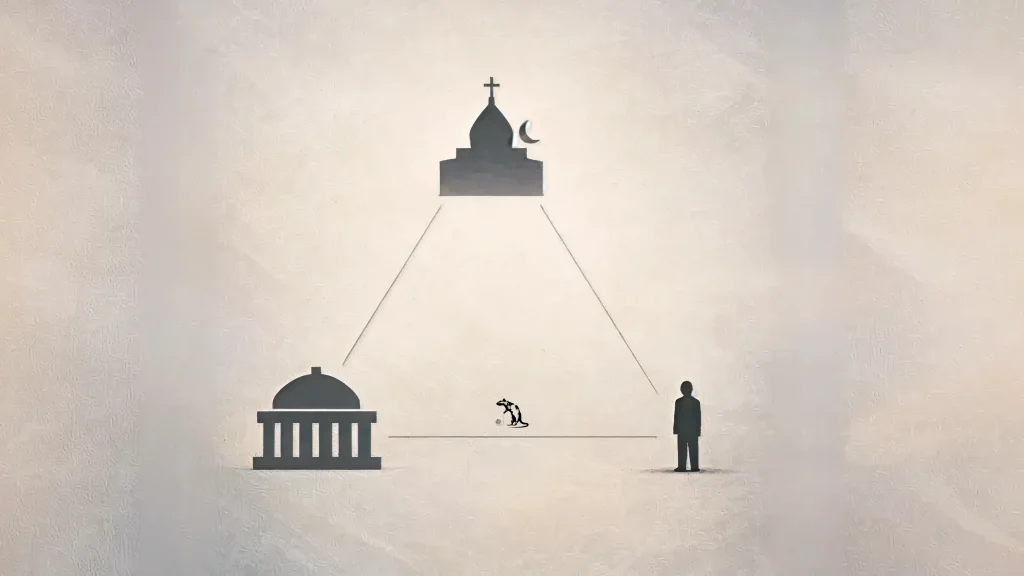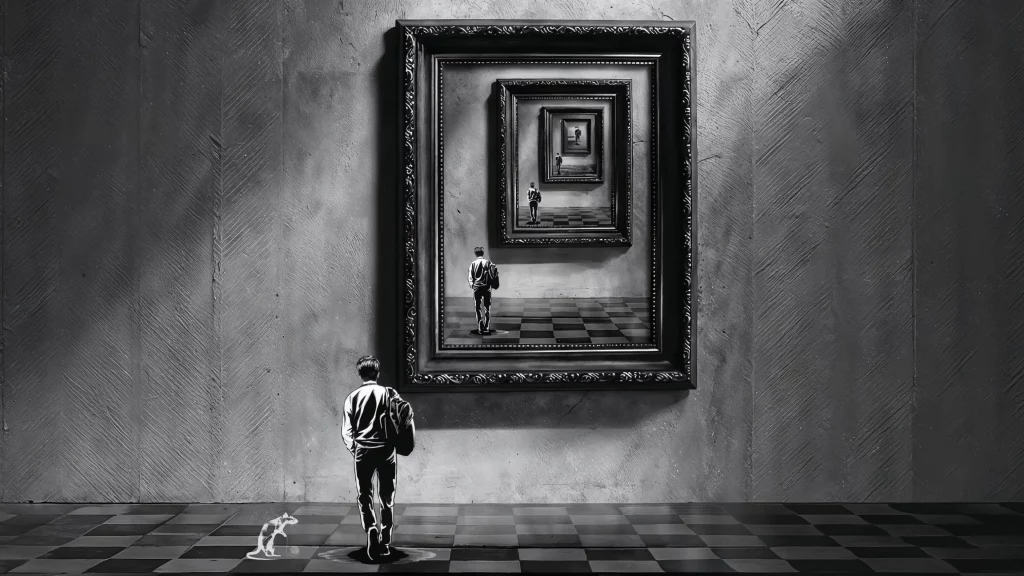The Price of Protection: Inside Pakistan’s Insane Policing Culture
In Pakistan, calling the police feels less like seeking help and more like inviting trouble.
What should be the first line of defense for a citizen often becomes their worst fear.
Every day, we as a nation quietly ask ourselves: when will the day come when we stop fearing the police? Why is it that the very institution meant to protect us fills us with dread? Is it because help from the police often comes at a cost, quite literally? Or is it the way we’re treated when we do come into contact with them?
The police in Pakistan have long been known not only for corruption but also for the way they deal with ordinary citizens. And it’s not just about bribery. It’s also about the deep, unshakable sense of mistrust and discomfort people feel around them. We’ve all heard the stories or experienced it ourselves — being stopped for no apparent reason, manhandled, questioned aggressively, and treated as if we’re guilty of something just by existing in a certain place at a certain time. Often, it’s not even clear whether the people stopping you are officially on duty. Sometimes they have no name tags, no visible IDs, and their vehicles carry no license plates. Still, they’ll surround you, open your car door without asking, start searching your pockets or your vehicle, and speak to you as if you’re a criminal. The only thing you’re hoping for at that moment is that it ends quickly. And that you never have to see a police officer again.
This isn’t just paranoia. It’s become a common reality. While officers like ASP Sheherbano Naqvi speak well in the media, stating that the police cannot legally search a person or a car without reasonable cause, the reality on the ground tells another story. Under Article 14 of the Constitution of Pakistan, the dignity of man and the privacy of the home are declared inviolable. Even the Code of Criminal Procedure requires police officers to record reasons in writing before conducting any search. But in practice, these protections are just words on paper.
Instead of focusing on actual crime or protecting the vulnerable, much of the police force seems busy in something else entirely. If you’ve ever had a brush with the law, you know the drill. There’s always a cost to get anything done. “Chai pani,” they call it. Or “bhai ho aap toh.” Every level of the system treats you like a walking wallet, especially if you’re in trouble. From the constable on the street to the officer sitting behind the desk, it all seems to boil down to what you can offer. Bribery is no longer something done in the shadows. It’s systematized. Expected. Normalized.
And then there’s how the police actually interact with people. In countries around the world, law enforcement is evolving. Body cameras, recorded interactions, psychological checks, and strict engagement protocols are standard practice in many places. These aren’t just gadgets or formalities. They are safeguards, designed to protect both citizens and officers. In Pakistan, it’s the opposite. Officers often conceal their identities, avoid recording anything, and follow no set protocol when interacting with people. They want things off the record. They want freedom to act however they please, without oversight.
It’s hard not to wonder — shouldn’t we be doing mental health evaluations for officers? Maybe once a year? Twice? Especially after they’ve dealt with violent incidents or traumatic crime scenes? You begin to ask how many of our officers would even pass such tests. Take the Shahid Jutt incident for example. A video went viral where a policeman, approached for a casual street interview, responded with brutal abuse and punched the man in the face on camera. The authorities later claimed he was medically unfit and treated the incident like an anomaly. But for those who deal with the police regularly, it didn’t come as a surprise. This wasn’t an isolated case. It was just one that happened to be caught on camera.
We’ve also seen how the police often serve not the public, but the powerful. Sometimes they act as political enforcers. Sometimes they work at the behest of businessmen, landlords, or local elite. If the price is right, they can even act as private muscle, carrying out harassment, intimidation, or worse. Justice becomes a commodity, accessible only to those who can afford it.
The system backing all this is staggering. According to government figures, there are around 27,000 officers in Grade 17 and above across Pakistan’s civil services. Supporting them are over 563,000 staff members below Grade 17. That means for every one officer, there are about 21 subordinates. That’s not a system built for public service. It’s a structure built to serve those in power and ensure they never have to get their hands dirty.
So where do we go from here? The people of this country are already burdened by inflation, unemployment, and political instability. The last thing they should have to worry about is being humiliated or extorted by the very people who are supposed to protect them. This is the moment where we should be demanding real reform. Psychological evaluations for police officers shouldn’t be a luxury. They should be a requirement. Officers who pass can stay. Those who don’t should be let go. No politics. No favoritism.
Until we take accountability seriously, until we start valuing the dignity of our citizens over the comfort of the elite, nothing will change. And if nothing changes, then we should stop pretending that this is a system of justice. It’s not. It’s a business. And we’re all paying the price.



